The GRACE Joint Master Programme offers a pioneering curriculum designed to transform students into professionals ready to navigate the global market with innovation, entrepreneurial spirit, and a mastery of Extended Reality (XR) and gamification. Central to the GRACE curriculum is the “Path to Reality” module area, which spans all four semesters of the program, guiding students from conceptual understanding to the realization of a finalized product.

Study in three countries
The content of the GRACE programme is taught in 3 countries at 3 universities. You will spend the 1st semester in Austria, the 2nd semester in the Netherlands and the 3rd semester in Latvia.

Curriculum
The journey begins in the first semester with an "exposé" module, where students embark on their path with a focus on innovation, content flexibility, and developing the expertise needed for today's global demands. This phase includes a week-long bootcamp in St. Pölten, Austria, introducing students to sustainability principles inspired by the UN Sustainable Development Goals and the EntreComp competence framework, which fosters entrepreneurial skills essential for success. Here, students will also learn about the Technology Readiness Level system, guiding them through project stages and expected outcomes. This semester is dedicated to brainstorming and research, leading to the selection of a project topic to be pursued in collaboration with a mentor from an industry partner, culminating in a cooperation or mentorship agreement and the project exposé.
Courses:
- Path to Reality: Exposé (5 ECTS)
- Innovation & Creative Problem-Solving (2 ECTS)
- Agile Software Life Cycle Management (1 ECTS)
- Applied Artificial Intelligence (2 ECTS)
- Bootcamp (2 ECTS)
- Media-Based Instructional Design (3 ECTS)
- Object-Oriented Programming (2 ECTS)
- Augmented & Virtual Reality in Health, Industry, and Education-Related Contexts (5 ECTS)
- Audio for Extended Realities (3 ECTS)
- Scientific Writing, Presentation & Dissemination (2 ECTS)
- Selected Legal Topics for Developers & Designers (1 ECTS)
- Usability & Experience Evaluation (2 ECTS)
The second semester takes place in Enschede, Netherlands, sharpening students' skills in didactics, gamification, and entrepreneurial strategies for developing gamification solutions. Through continuous self and peer assessments, along with feedback from university tutors and stakeholders, students develop a low-fidelity prototype, reaching the "low-fidelity prototype stage" by the semester's end.
Courses:
- Path to Reality: Low-Fi Prototype (5 ECTS)
- Design & Implementation of XR Learning Experiences (5 ECTS)
- Fundamentals of XR and Learning Theories (5 ECTS)
- Principles of Gamification Design (2.5 ECTS)
- Business Strategy for Gamification Solutions (2.5 ECTS)
- Prototype Development (5 ECTS, includes electives such as Unfamiliar Territory, Technical Prototyping, Multimodal Interaction)
- Research Design (5 ECTS)
In the third semester, located in Valmiera, Latvia, students advance their development skills to create a high-fidelity prototype. This semester emphasizes scientific evaluation, knowledge transfer, and societal relevance, highlighted by a hackathon that challenges students in design thinking, development, and entrepreneurship. Students are expected to reach the "high-fidelity prototype stage" by the end of this semester.
Courses:
- Path to Reality: High-Fi Prototype (6 ECTS)
- Hackathon (3 ECTS)
- XR Hardware and Physical Structure (3 ECTS)
- Mobile and Web-Based XR Solutions (6 ECTS)
- Advanced 3D Modelling within Interactive Environments (6 ECTS)
- Geometry Processing & Visualization (3 ECTS)
- Scientific Publications and Knowledge Transfer (3 ECTS)
The fourth semester is dedicated to the thesis project, where students are matched with an advisor based on their project topic at one of the participating universities. To strengthen the community network built over the previous semesters, weekly hybrid seminars will be organized, allowing for presentation and discussion of final projects. Collaborating closely with stakeholders, these projects will be scientifically evaluated as part of the master's thesis, leading to the "final product stage" in the students' portfolios.
Courses:
- Project Implementation & Evaluation: (28 ECTS)
- Final Examination: (2 ECTS)
The GRACE programme is committed to flexibility and support, accommodating potential interruptions or challenges students may face, ensuring a seamless and enriching educational journey. This curriculum is not just about acquiring technical skills; it’s about creating impactful, sustainable solutions that resonate with real-world challenges, making GRACE graduates highly sought after in various industries.
